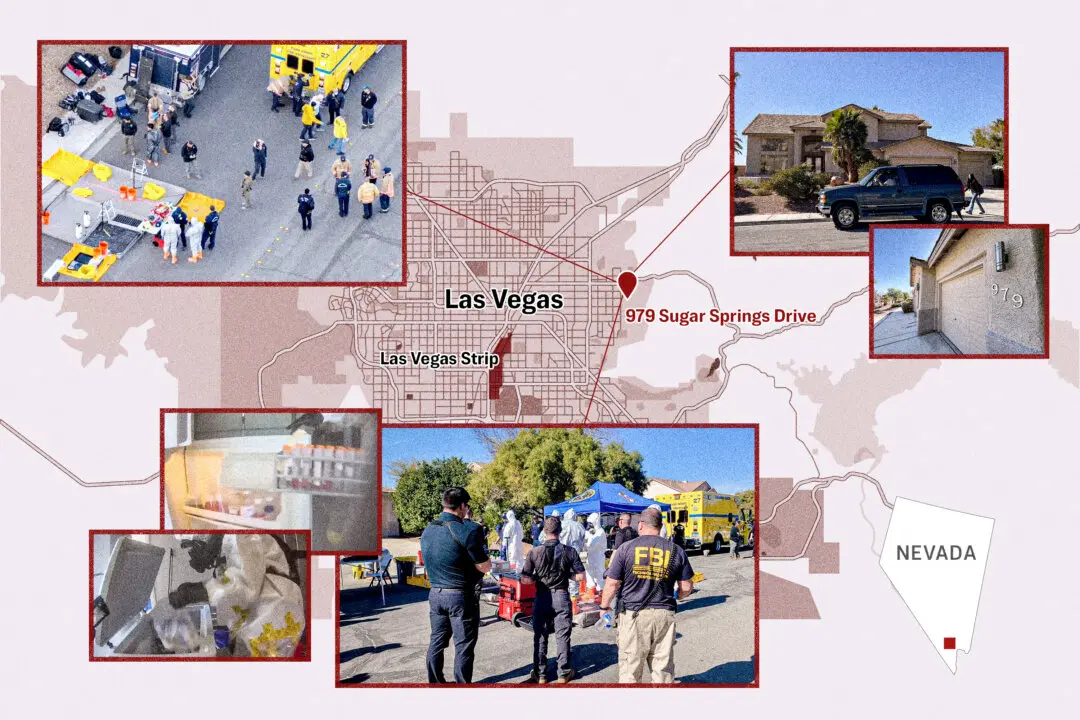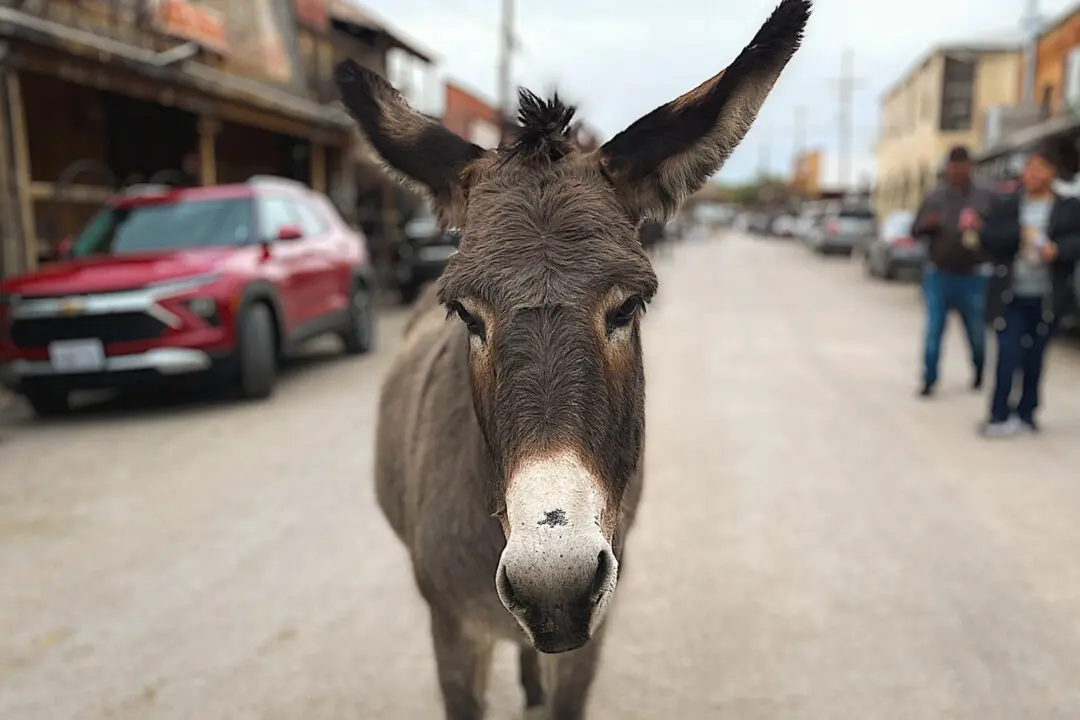Most people don’t bother to prepare for uncertain times until it’s too late. It’s the “ant and the grasshopper” parable written on a human scale.
“The problem is that while fear is a great motivator, it isn’t conducive to smart decisions,” said Diane Vukovic of PrimalSurvivor.com, an online personal preparedness website.





